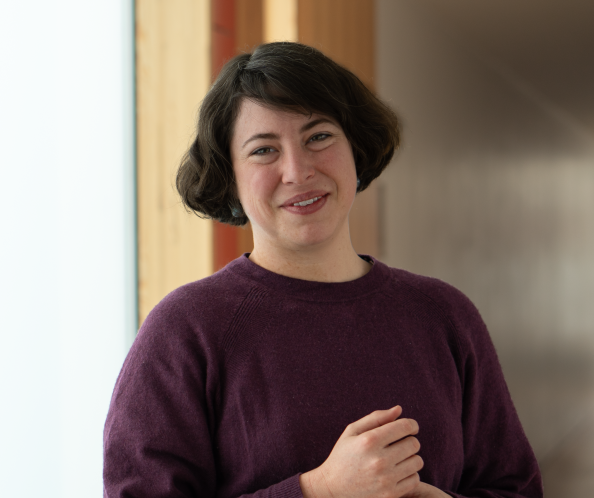Caterina Schürch is professor of the history of science at Technische Universität Berlin.
Her research focuses on the study of biological processes from the 1700s onward, and examines how naturalists and scientists prepared, conducted, and interpreted their observations and experiments. She is particularly interested in their methodological ideas and how these ideas influenced the organization of their research. A better understanding of these ideas will help us understand why and how resources (i.e., instruments, materials, concepts) from the biological and physical sciences have intertwined in the study of nature.
In her first book, Verbindende Mechanismen (Franz Steiner 2024), Caterina Schürch examined how, in the early twentieth century, biologists collaborated with chemists and physicists to understand physiological processes such as vision, gene action, or growth. More recently, she analyzed a series of experiments conducted by naturalists throughout Europe in the second half of the eighteenth century to determine whether electricity stimulates plant growth. While experimentalists had long agreed that electricity had a positive effect on vegetation, this consensus disappeared in the 1780s. Naturalists saw the controversy as an indication of the difficulty of conducting well-controlled and meaningful experiments.
Caterina Schürch is a former member of the Department of the History of Science at LMU Munich. During an EarlyPostdoc.Mobility Fellowship she visited the Universities of Geneva, Copenhagen, Exeter, Cambridge, and East Anglia and Indiana University Bloomington.
Find out more about Caterina Schürch on the TU website.
